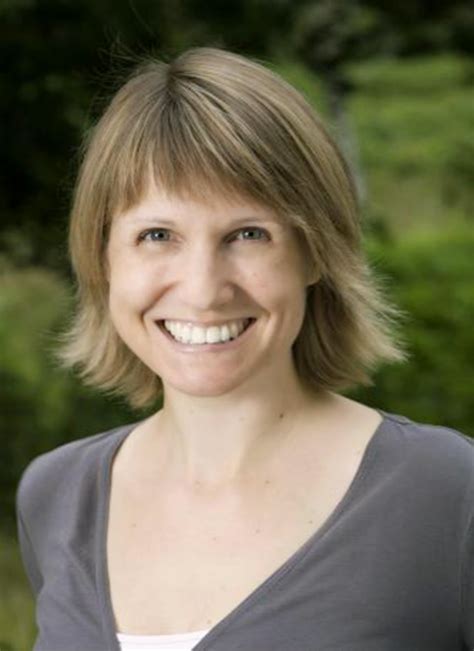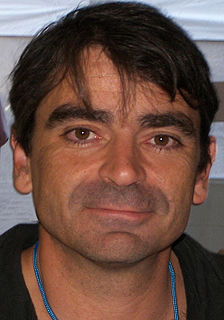A Quote by George Herbert
Between the businesse of life and the day of death, a space ought to be interposed.
Related Quotes
Birth leads to death, death precedes birth. So if you want to see life as it really is, it is rounded on both the sides by death. Death is the beginning and death is again the end, and life is just the illusion in between. You feel alive between two deaths; the passage joining one death to another you call life. Buddha says this is not life. This life is dukkha - misery. This life is death.
But the sun itself, however beneficent, generally, was less kind to Coketown than hard frost, and rarely looked intently into any of its closer regions without engendering more death than life. So does the eye of Heaven itself become an evil eye, when incapable or sordid hands are interposed between it and the thing it looks upon to bless.
Death is the end of the fear of death. [...] To avoid it we must not stop fearing it and so life is fear. Death is time because time allows us to move toward death which we fear at all times when alive. We move around and that is fear. Movement through space requires time. Without death there is no movement through space and no life and no fear. To be aware of death is to be alive is to fear is to move around in space and time toward death.
If I had my life over again I should form the habit of nightly composing myself to thoughts of death. I would practise, as it were, the remembrance of death. There is no other practice which so intensifies life. Death, when it approaches, ought not to take one by surprise. It should be part of the full expectancy of life. Without an ever-present sense of death life is insipid.
It seems to me that one ought to rejoice in the fact of death-- ought to decide, indeed, to earn one's death by confronting with passion the conundrum of life. One is responsible to life: It is the small beacon in that terrifying darkness from which we come and to which we shall return. One must negotiate this passage as nobly as possible, for the sake of those who are coming after us.
We are left with nothing but death, the irreducible fact of our own mortality. Death after a long illness we can accept with resignation. Even accidental death we can ascribe to fate. But for a man to die of no apparent cause, for a man to die simply because he is a man, brings us so close to the invisible boundary between life and death that we no longer know which side we are on. Life becomes death, and it is as if this death has owned this life all along. Death without warning. Which is to say: life stops. And it can stop at any moment.
O what a blessing is Sunday, interposed between the waves of worldly business like the divine path of the Israelites through the sea! There is nothing in which I would advise you to be more strictly conscientious than in keeping the Sabbath day holy. I can truly declare that to me the Sabbath has been invaluable.
Perhaps the whole root of our trouble, the human trouble, is that we will sacrifice all the beauty of our lives, will imprison ourselves in totems, taboos, crosses, blood sacrifices, steeples, mosques, races, armies, flags, nations, in order to deny the fact of death, the only fact we have. It seems to me that one ought to rejoice in the fact of death - ought to decide, indeed, to earn one's death by confronting with passion the conundrum of life.





































